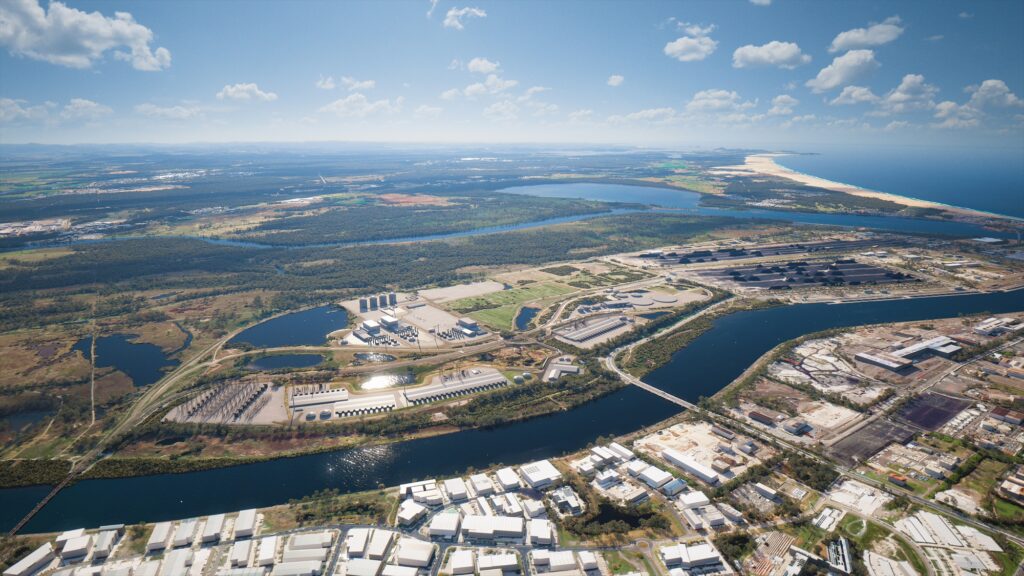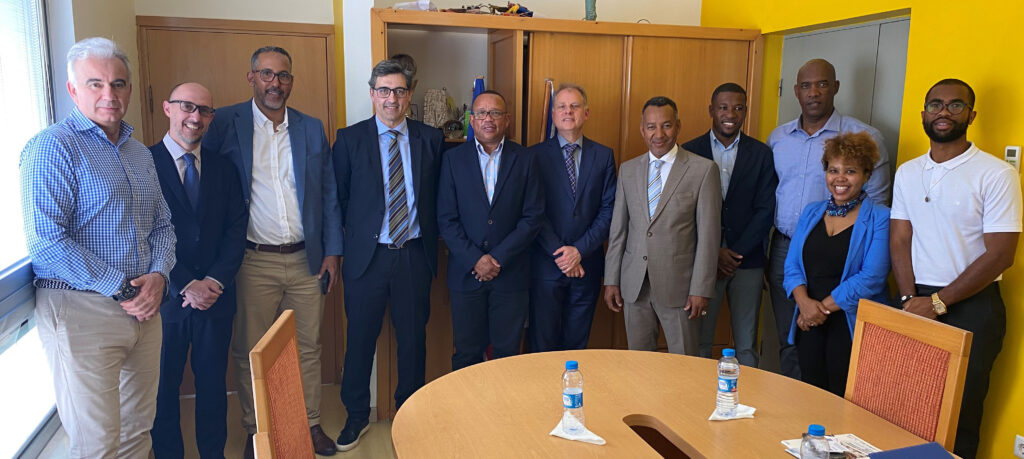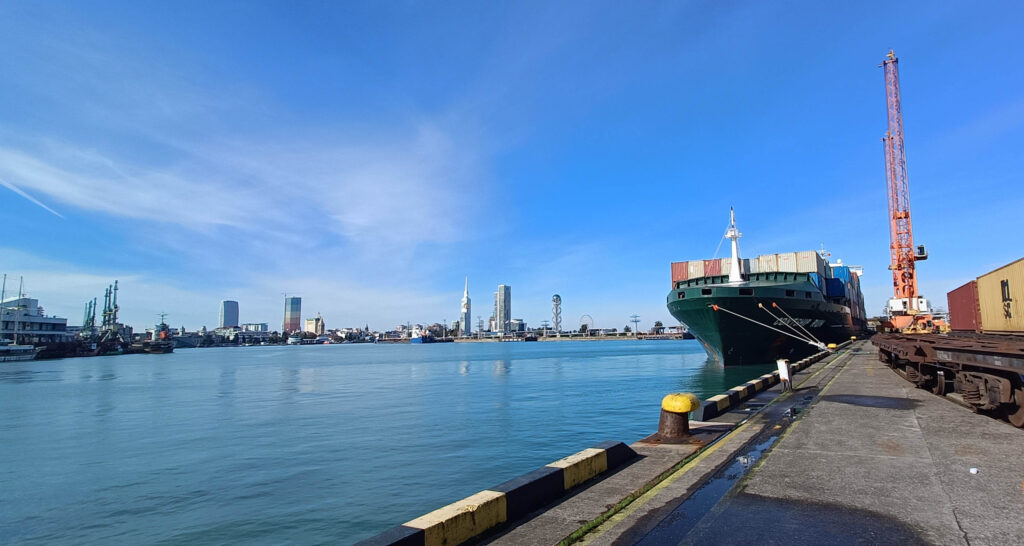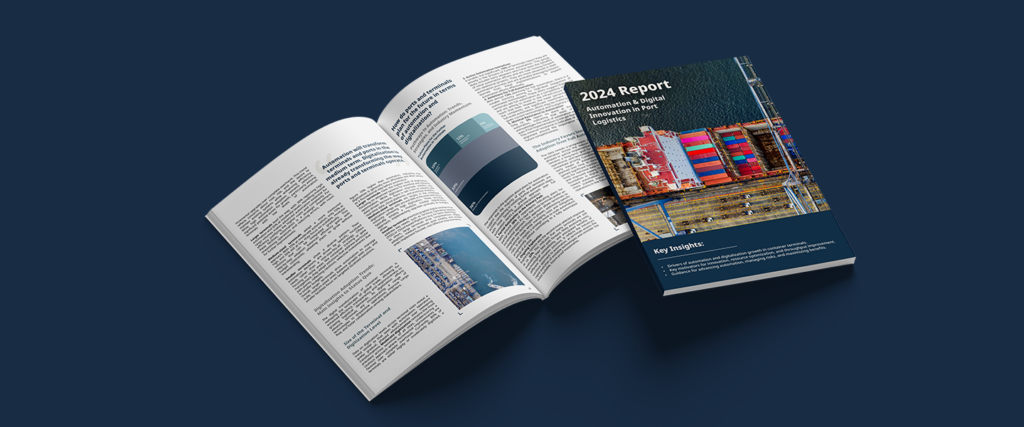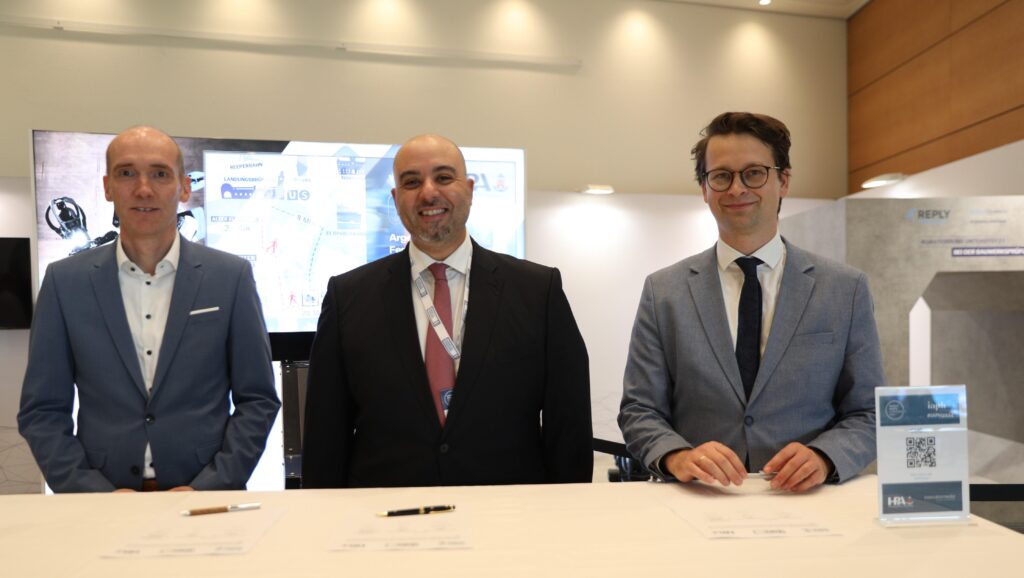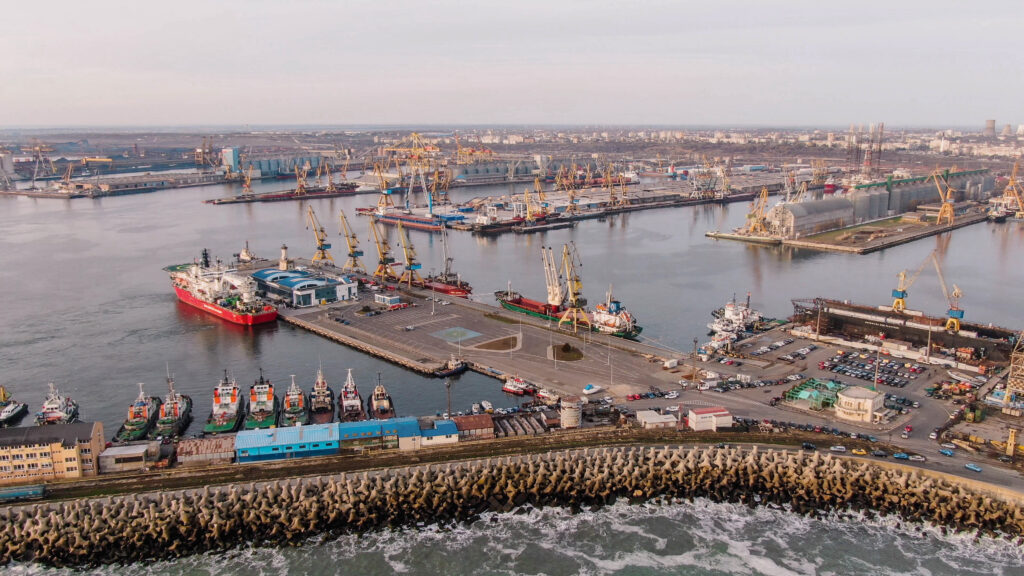The Executive Board of Hamburger Hafen und Logistik AG (HHLA) has appointed Patrick Krawutschke as Managing Director of HPC Hamburg Port Consulting with effect from 1 January 2026. Together with Nils Kemme, he will be responsible for managing the HHLA subsidiary.
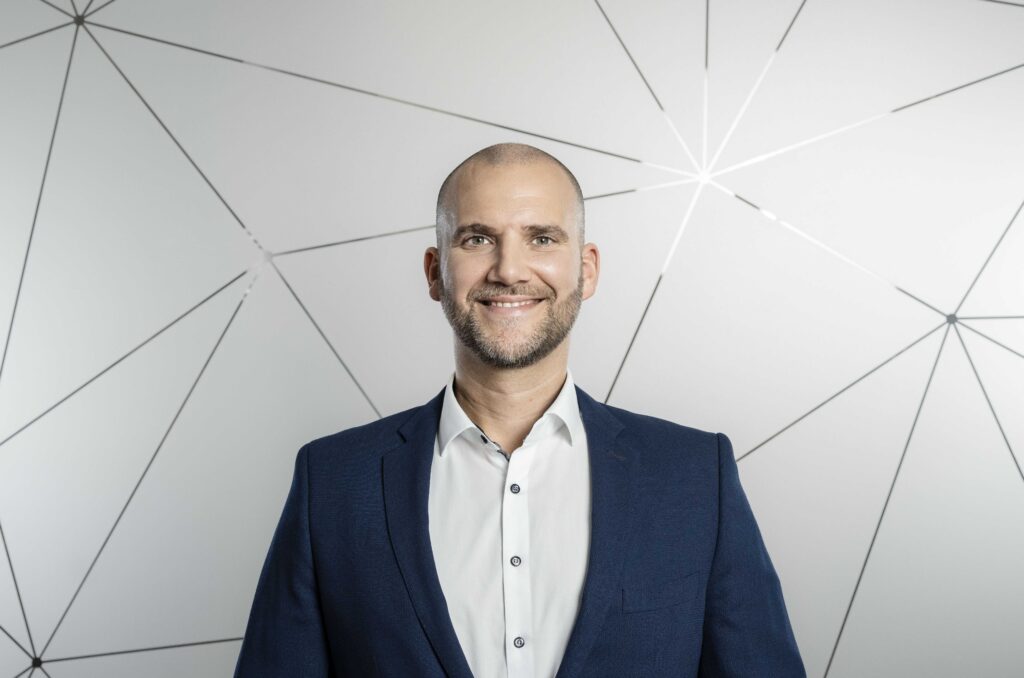
Photo Credit : HHLA/Nele Martensen
“We are delighted that Patrick Krawutschke, a proven expert, has joined us as the Managing Director of HPC. He brings in-depth expertise in both the operational aspects of terminal processes as well as in the strategic development and integration of sustainable automation solutions. With his experience in the field of efficient terminal design and control, he is ideally suited to develop HPC’s offers in this area”, said Jeroen Eijsink, Chief Executive Officer of HHLA.
Patrick Krawutschke began his professional career in 2008 as part of a dual study programme in industrial engineering. He later held various senior positions at HHLA Container Terminal Altenwerder (CTA), the world’s first certified climate-neutral terminal, including as Vice Head of Container Administration, Head of Operations Control, and Operations Manager. Patrick Krawutschke has been responsible for managing CTA since 2023.
For more information, please contact:
Karolin Hamann, Hamburger Hafen und Logistik Aktiengesellschaft hamann-k@hhla.de
About HPC
HPC Hamburg Port Consulting empowers ports, terminals, and hinterland operators worldwide to achieve efficient operations, sustainable growth, and sound investment decisions. Founded in 1976, HPC has delivered over 1,900 projects across 135 countries, guiding clients through every stage of the port project cycle.
HPC’s core expertise includes automation, AI-driven operations, and digitalization, with solutions like Port Community Systems and Maritime Single Windows transforming the way ports operate. At the same time, HPC offers a comprehensive portfolio of consulting services, addressing challenges from facility optimization to strategic decision-making – all tailored to unlock efficiencies and drive long-term success.
With a team of about 100 specialists – including terminal operators, data scientists, and logistics professionals – HPC blends deep industry insight with cutting-edge technology to deliver impactful solutions. From container and breakbulk handling to multipurpose facilities and hinterland logistics, HPC builds on decades of experience to help clients achieve sustainable prosperity.www.hamburgportconsulting.com







